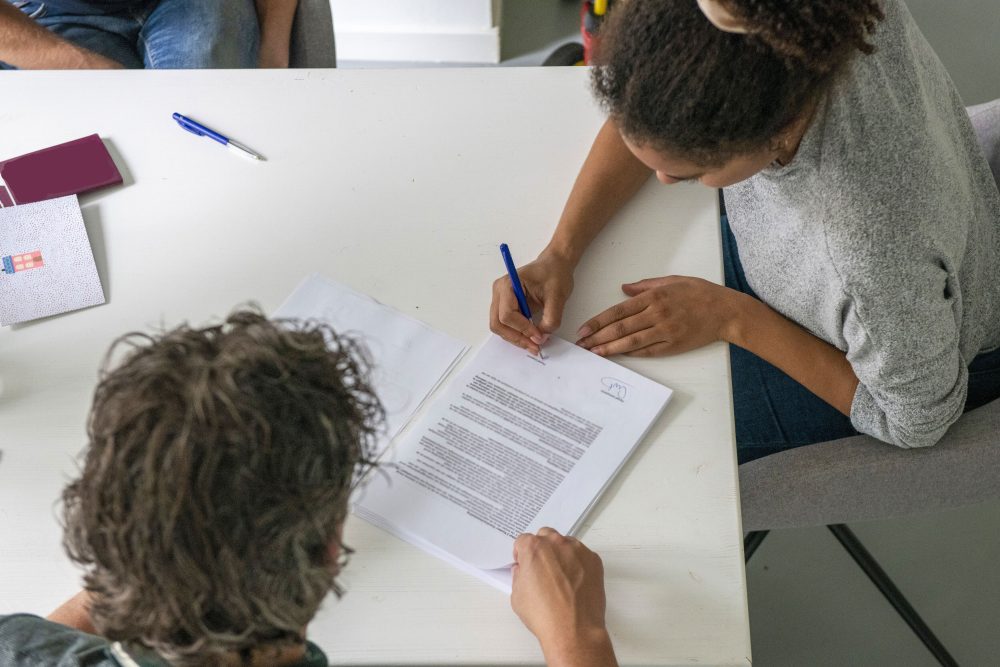New policy enforces responsibilities for parents and schools, with legal consequences
Abu Dhabi, Apr 13, 2025: The Abu Dhabi Department of Education and Knowledge (ADEK) has announced that all private schools must implement an annual parent-school contract starting from the 2025-2026 academic year.
This mandatory agreement, which must be signed prior to student enrolment or re-enrolment, outlines mutual responsibilities between schools and parents. Schools failing to comply will face legal action and potential penalties.
A new era
The new contract requires parents to formally acknowledge and accept all school policies. These include expectations for student behaviour, school values, digital conduct and cultural considerations. The initiative aims to establish transparency, protect student well-being and foster a collaborative educational environment.
Schools are also encouraged to advise parents on healthy nutrition, provide timely performance updates and facilitate direct communication with support staff such as counsellors, inclusion assistants and social workers.
Engagement channels
ADEK emphasised the need for consistent and transparent communication. Schools must use various platforms, including emails, SMS, apps and printed letters, to keep parents informed. In emergencies, a group notification system must be in place to relay urgent updates promptly.
Furthermore, educators are expected to maintain proactive contact with parents, especially when addressing academic or behavioural concerns.
As part of the contract, parents must commit to a Code of Conduct that reflects ADEK’s ethical and cultural values.
The expectations from parents include respecting the school’s mission, vision and environment; interacting professionally with all school community members, including staff, students, security and maintenance workers; supporting student behaviour standards and ensuring children adhere to school rules; and avoiding posting defamatory or culturally inappropriate content about school-related matters on social media.
Other key obligations include upholding academic integrity by supervising homework appropriately; providing honest documentation and communication; attending parent-teacher meetings and cooperating with school recommendations; and supporting additional learning interventions when advised.Failure to meet these expectations may result in restricted access to school premises.
The schools’ responsibilities include maintaining open and respectful communication with parents; sharing curriculum details and assessment strategies; encouraging parental involvement in both academic and extra-curricular activities; organising at least one parent-teacher meeting per term; promoting mental health awareness and digital well-being; ensuring fair, VAT-free fee structures; and obtaining consent before sharing student data with third parties.








